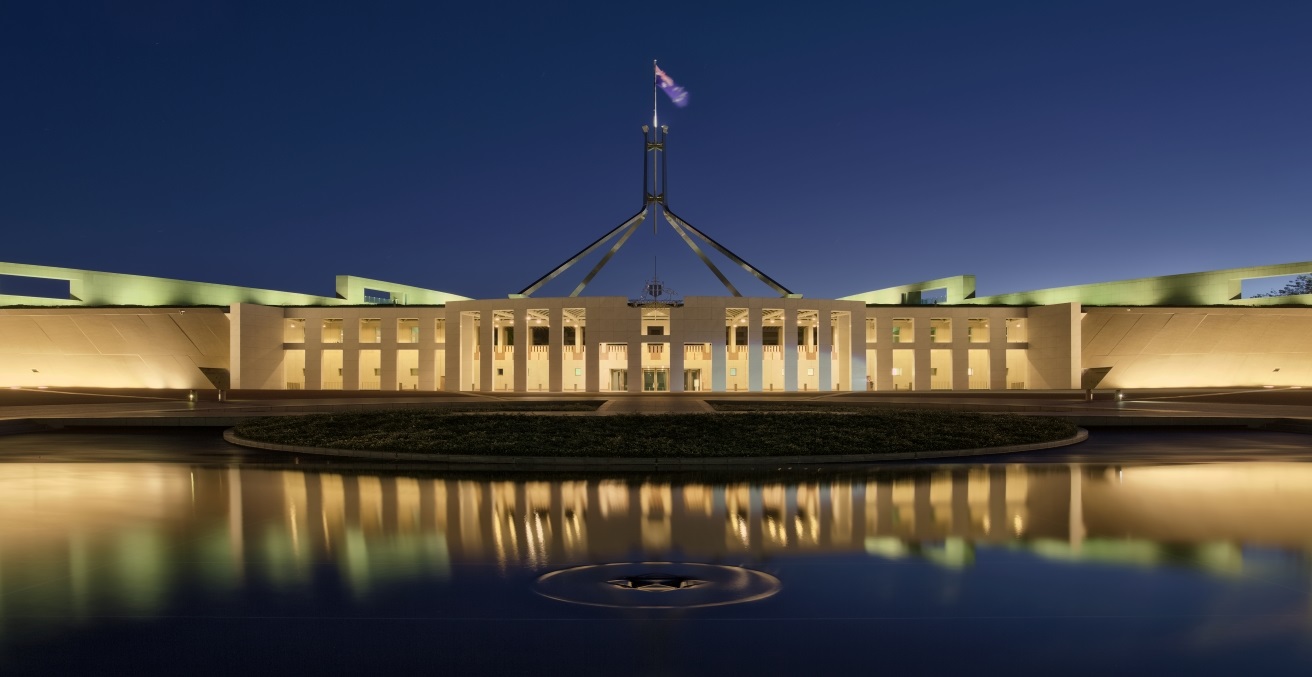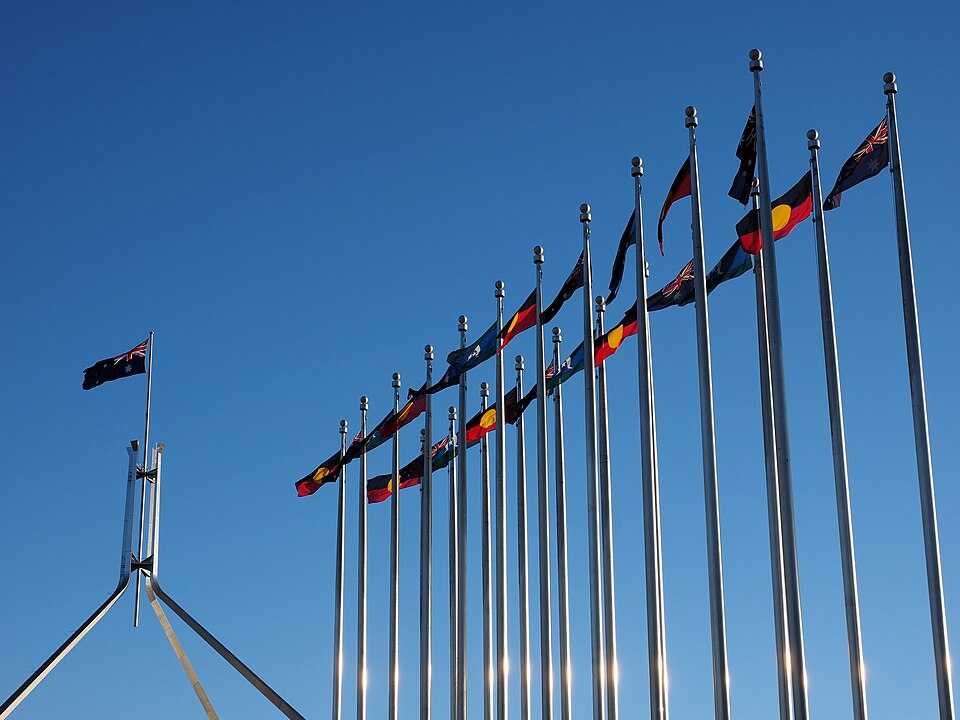Share on FacebookShare on LinkedInShare on X (Twitter)
This week in Australian foreign affairs: Albanese at the G7 in Canada; new commitment to security and defence partnership with the European Union; additional humanitarian aid to Gaza; sanctions on Russia’s shadow fleet, and more.
On 13 June Prime Minister Anthony Albanese joined Prime Minister of Sitiveni Rabuka. In a joint statement on the Australia-Fiji Leaders’ Meeting. The two leaders discussed the importance of the Vuvale friendship and partnership, Rugby League, and what being a member of the Pacific family means. Albanese was quotes as saying “I wanted to make sure that one of my first visits after the re-election was here to the Pacific, because we are a Pacific family, and Fiji play such a critical role in the region.
At the G7 Leaders Meeting on 17 June, Albanese released a statement outlining his meetings with key leaders. Joining others in discussions on global energy sources, Albanese “endorsed the G7 Critical Minerals Action Plan, which increases cooperation to build standards-based markets, mobilise capital and promote innovation”; discussed the further expansion of the Australian critical minerals and rare earths industry; and how innovation in “emerging technologies like AI and quantum can support productivity and economic growth.” Australia also endorsed the “Kananaskis Wildfire Charter, which aims to build a stronger and more coordinated global approach to preventing, fighting and recovering from bushfires.”
In a separate media release on 17 June, Albanese announced Australia’s commitment to security and defence partnership with the European Union. Albanese held discussion with European Commission President Ursula von der Leyen and “European Council President Antonio Costa on negotiations on a Security and Defence Partnership (SDP) with the EU at the G7 Leaders’ Summit in Alberta, Canada.” According to the statement, “the Partnership will provide a framework for current and future cooperation including in areas such as defence industry, cyber and counter-terrorism.” It was also noted that the SDP will not have military deployment obligations.
On 13 June, Minister for Foreign Affairs Penny Wong joined Minister for International Development Anne Aly to announce additional humanitarian funding to meet urgent medical and nutrition needs in Gaza. “Australia will provide a further $10 million to enable the distribution of urgent medical and nutrition supplies to Gaza to help address the catastrophic humanitarian conditions due to the ongoing conflict.” The additional funding to bring Australia’s contributions to humanitarian assistance in Gaza to $110 million since 7 October. Australia is also “partnering with the Hashemite Kingdom of Jordan to provide urgent medical care to Palestinians suffering serious illness or injury in Gaza,” and will contribute AUD$5 million to the “Jordan Hashemite Charity Organization for critical medical supplies to support field hospitals in Gaza.” Australia will also provide “$5 million to UNICEF for nutritional support for children affected by the conflict.”
Wong announced the imposition of new sanctions on Russian shadow fleet vessels on 18 June. The sanctions will target 60 vessels linked to Russia’s shadow fleet. These vessels operate under “deceptive practices, including flag-hopping, disabling tracking systems, and operating with inadequate insurance, the shadow fleet enables the illicit trade of Russian oil and other sanctioned goods.” Australia joins key partners including Canada, the United Kingdom and the European Union in its commitment to ensuring Russia faces the consequences of its illegal invasion of Ukraine. “Australia has imposed over 1,400 sanctions in response to Russia’s full-scale invasion of Ukraine.”
On 20 June, Wong announced that government had “directed the departure of all Australian officials and dependents and suspended operations at our Embassy in Tehran, based on advice about the deteriorating security environment in Iran.” The Ambassador will remain in the “region,” while consular staff will be deployed “to Azerbaijan, including its border crossing, to support Australians departing Iran.” Wong urged “Australians who are able to leave Iran to do so now, if it is safe. Those who are unable to, or do not wish to leave, are advised to shelter in place.” The Department of Foreign Affairs and Trade has set up a the 24-hour Consular Emergency Centre for Australians in Iran seeking to depart. “At this stage, our ability to provide consular services is extremely limited due to the situation on the ground. The airspace remains closed.”
Assistant Minister for Foreign Affairs Matt Thistlethwaite announced on 17 June that he will travel to Namibia to lead Australia’s delegation to the Commonwealth Trade Ministers’ Meeting. While there, Thistlethwaite will join in discussion on “intra-Commonwealth trade and investment, including cooperation to boost economic resilience,” and the facilitation of a sustainable energy transition. He will also “travel to South Africa to discuss its G20 agenda and progress a relationship underpinned by significant trade and investment, people-to-people links and multilateral cooperation.”
On 19 June, Thistlethwaite announced Australia’s signing of a Memorandum of Understanding (MoU) with the African Continental Free Trade Area (AfCFTA) Secretariat to promote mutually beneficial partnerships between Australia and Africa. “Under the MoU, Australia will support capacity building on trade facilitation through the Australia Awards program and will explore with the AfCFTA Secretariat other opportunities for exchanging information.” It is hoped that the MoU will expand and strengthen Australia’s partnerships with Africa, develop two-way investment and trade, as well as support African-Australian communities and businesses to diversify.
Dr Adam Bartley is the managing editor for AIIA’s Australian Outlook and weekly columnist for The Week in Australian Foreign Affairs. He is a former Fulbright Scholar and non-resident fellow at the Elliot School for International Affairs, the George Washington University. Adam also has positions as post-doctoral fellow at the Centre for Cyber Security Research and Innovation RMIT University and as program manager of the AI Trilateral Experts Group. He can be found on Twitter here.
This article is published under a Creative Commons License and may be republished with attribution.




